Zhou Lingfei's Video-Centric Lifestyle Triggers Debate on Weibo Over Generational Differences and the Role of Literature
On November 17th, the 11th Muzhen Prize for Literary Excellence was awarded in Wuzhen, Zhejiang Province. The event was attended by journalists who asked Hu Qianjiang's grandson, Zhou Lingfei, if he spent a lot of time browsing short video clips. In response, he revealed that he devotes 90% of his time to scrolling through videos and only 10% to reading books. This admission has sparked debate among Chinese netizens on Weibo, with some expressing disappointment while others celebrating the diversity in interests and lifestyles across generations.
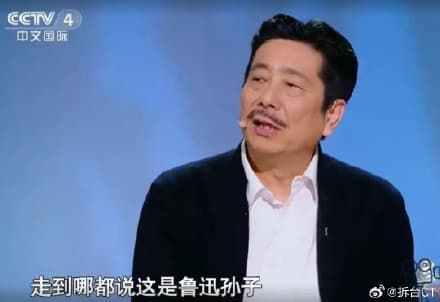
18 November 2023
Lu Xun, a renowned Chinese writer and intellectual, is the grandson's famous ancestor. He is often remembered for his literary works and advocacy for truthfulness and simplicity in communication. However, Zhou Lingfei has expressed a preference for spending most of his time on video apps, with only a small fraction dedicated to reading books.
"Lu Xun is a real Lu Xun, and his grandson is a real grandson," said one Weibo user. "He keeps saying he hates living in the shadow of Lu Xun, but in the end, he still has to live on the remnants of Lu Xun's shade." This comment conveys a sense of disappointment and frustration that Zhou Lingfei may not be embracing his familial legacy as expected.
However, other netizens have taken a more open-minded approach, highlighting the importance of adapting to changing times and personal preferences. "This I know, roughly meaning giving up literature and turning to advertisements, then 90% looking at beautiful women, and 10% reading novels," another user joked, suggesting that it is natural for individuals to have diverse interests and passions in their lives.
Some Weibo users have also criticized the assumption that Zhou Lingfei must inherently follow in his grandfather's footsteps. "If Lu Xun knew what his grandson was up to, he would be brought back to life with anger," a user posted, implying that there is pressure on the younger generation to conform to their ancestors' achievements and interests, which may not always align with their personal aspirations or talents.
Others have defended Zhou Lingfei's lifestyle choices, praising his willingness to explore different forms of media and entertainment. "That's amazing! Genetics are powerful," wrote one user, acknowledging the influence of genetic traits in shaping individual preferences and behaviors.
The debate on Weibo has sparked a larger conversation about generational differences and societal expectations. Some users have pointed out that each generation has its own lifestyle and interests, and it's important to respect their unique choices. "Much stronger than the average person, the average 99% watch videos, and it's amazing that can read books at 1%," a user commented, emphasizing Zhou Lingfei's reading ability as an accomplishment rather than a shortcoming.
The contrast between Lu Xun's literary focus and his grandson's video-oriented lifestyle has led to discussions about the evolving role of literature in modern society. While some users express regret that Zhou Lingfei isn't pursuing literary works as his grandfather did, others argue that it is acceptable for individuals to explore diverse interests and adapt to technological advancements.
In conclusion, while Zhou Lingfei's video-centric lifestyle has sparked some controversy among Chinese netizens on Weibo, the debate also highlights the importance of individuality, personal choices, and societal changes in defining what it means to be a successful successor or an accomplished person.
Share this article
Related Articles

Duo Xia's Birthday Post Sparks Debate Amid Divorce Rumors
By Trending on Weibo
News & Politics
9 May 2025
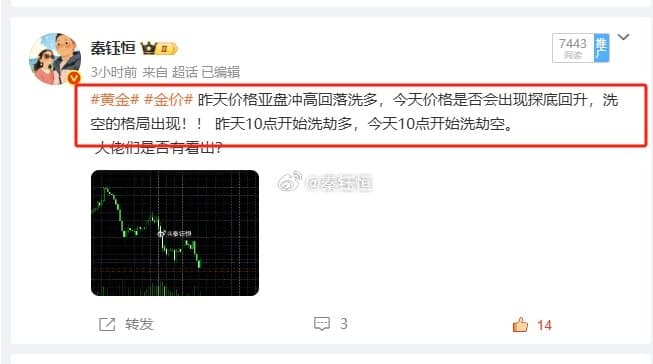
Sun Yingsha Shatters Records with Historic Harper's Bazaar Cover
By Trending on Weibo
Health
9 May 2025
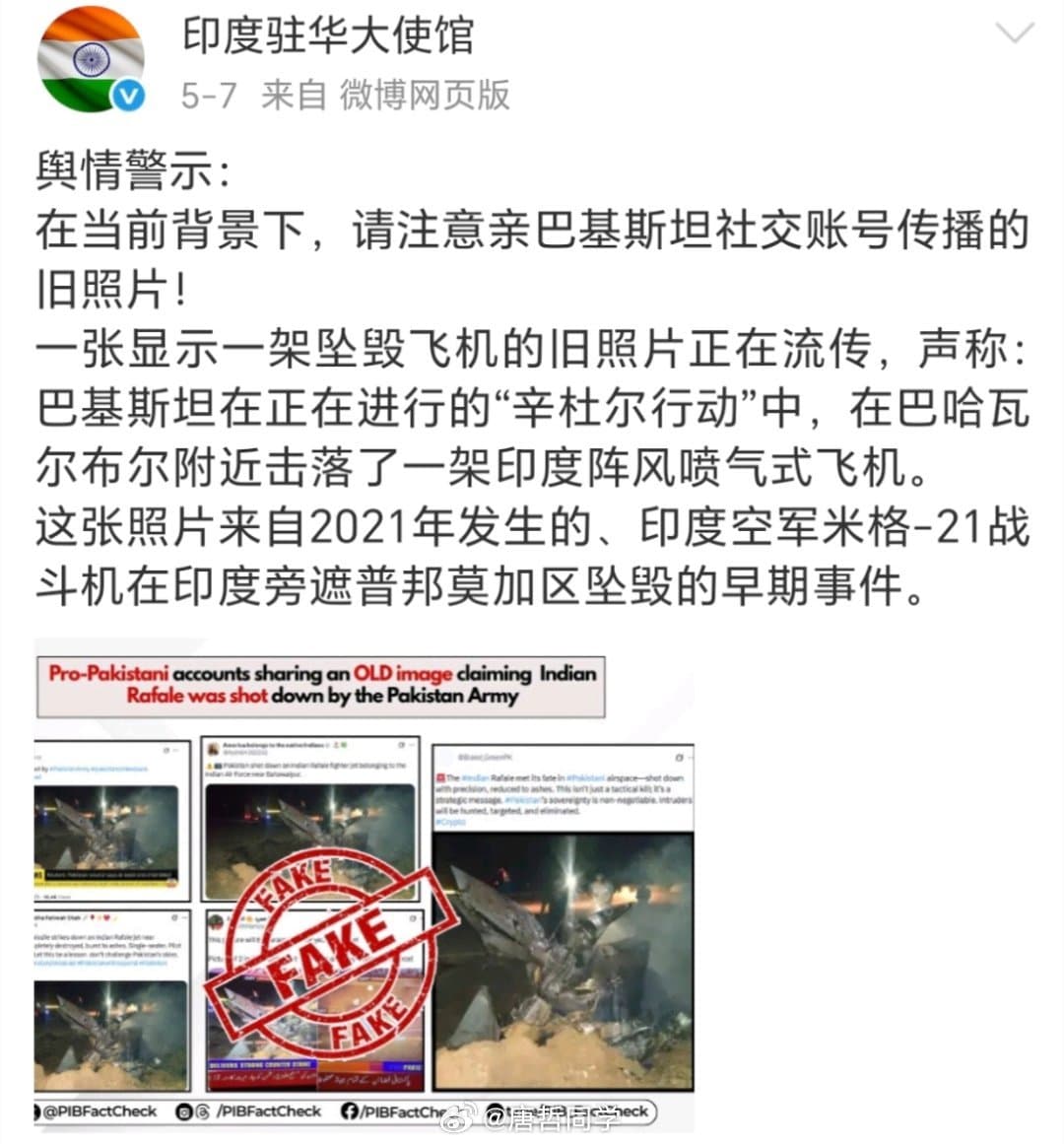
China Unveils Anti-Drone 'Ace' Weapon, Boosts Pakistan's Air Defense Capabilities
By Trending on Weibo
News & Politics
9 May 2025
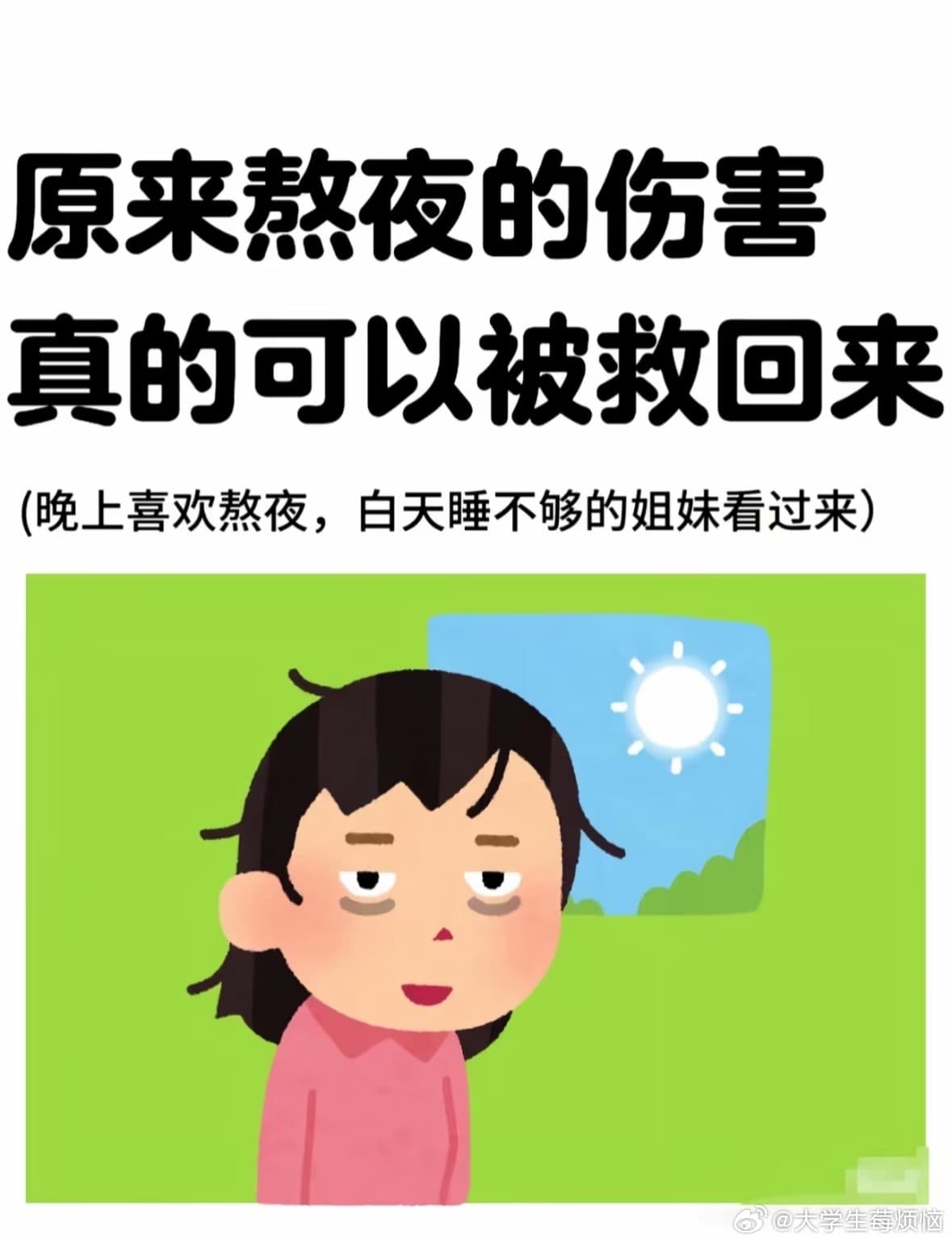
Chinese Hospital Reaches Settlement with Family of Student Who Died from Antibiotic Allergy
By Trending on Weibo
Health
9 May 2025
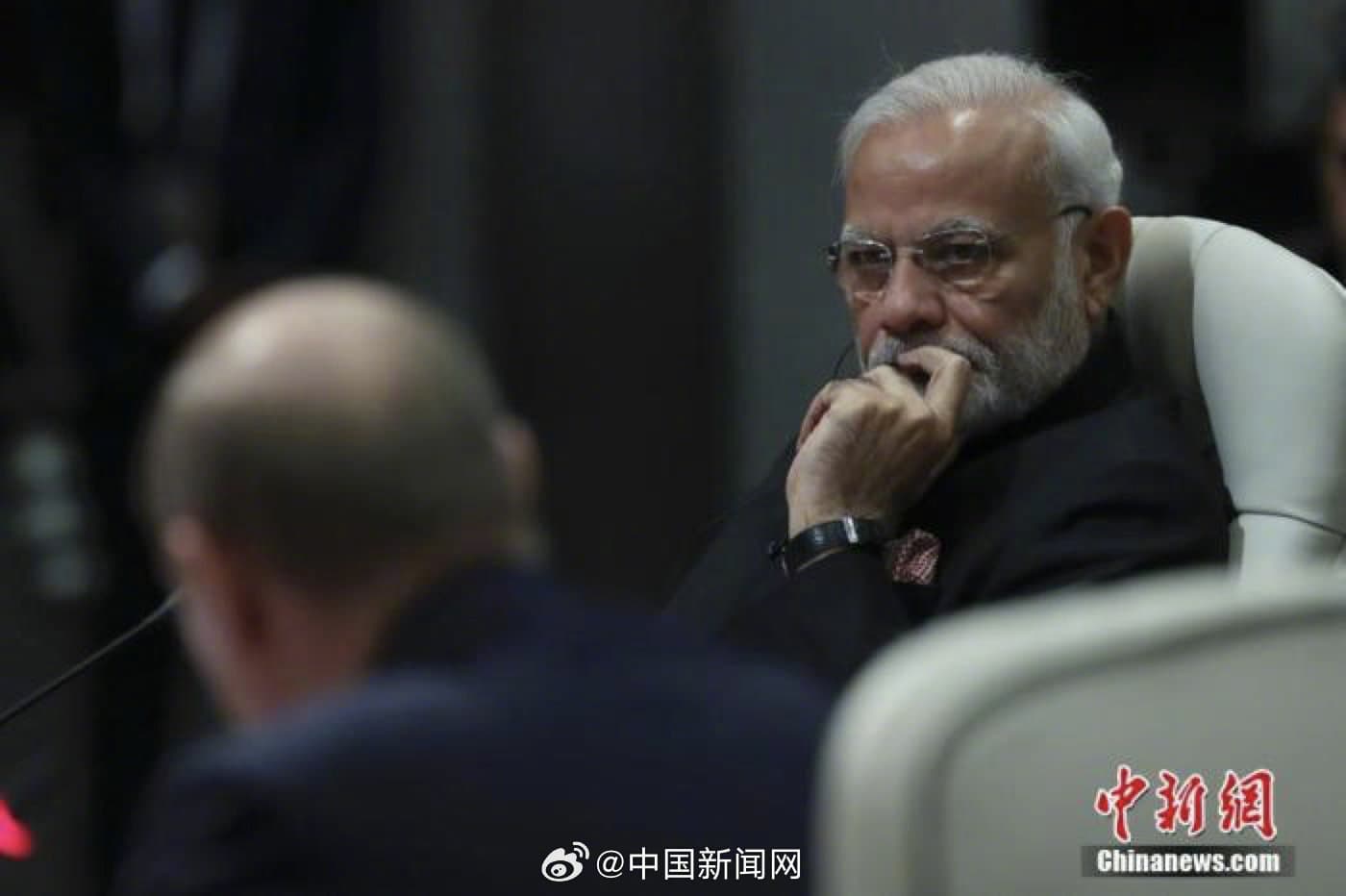
Russia Marks 80th Anniversary of Soviet Victory in Great Patriotic War with Grand Military Parade
By Trending on Weibo
News & Politics
9 May 2025